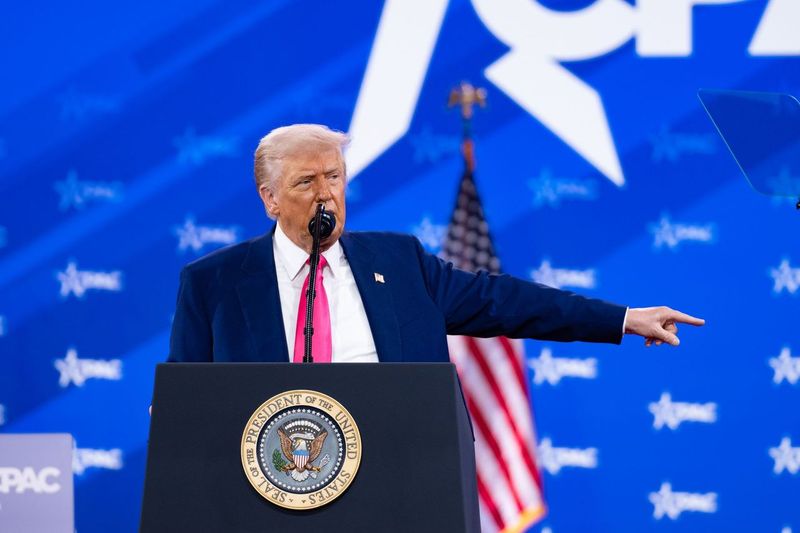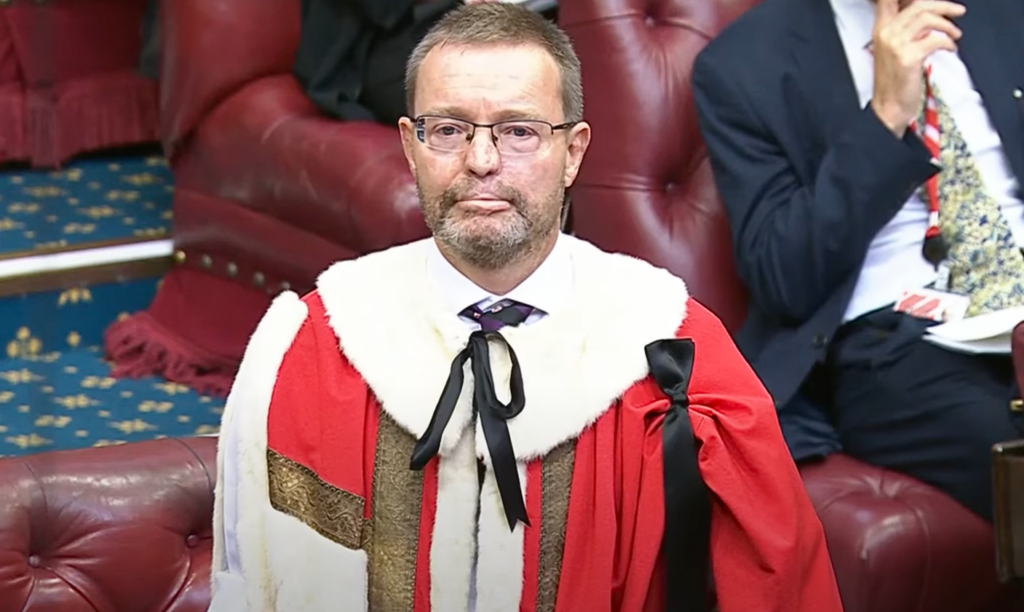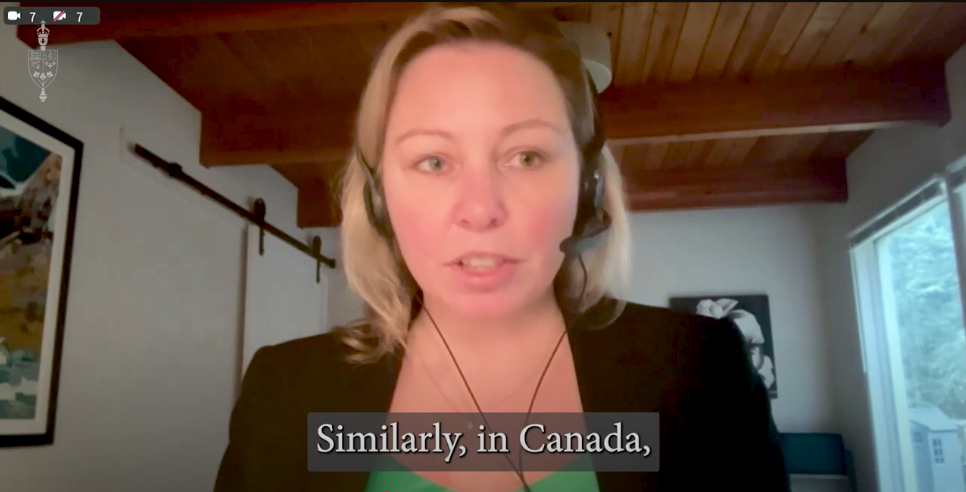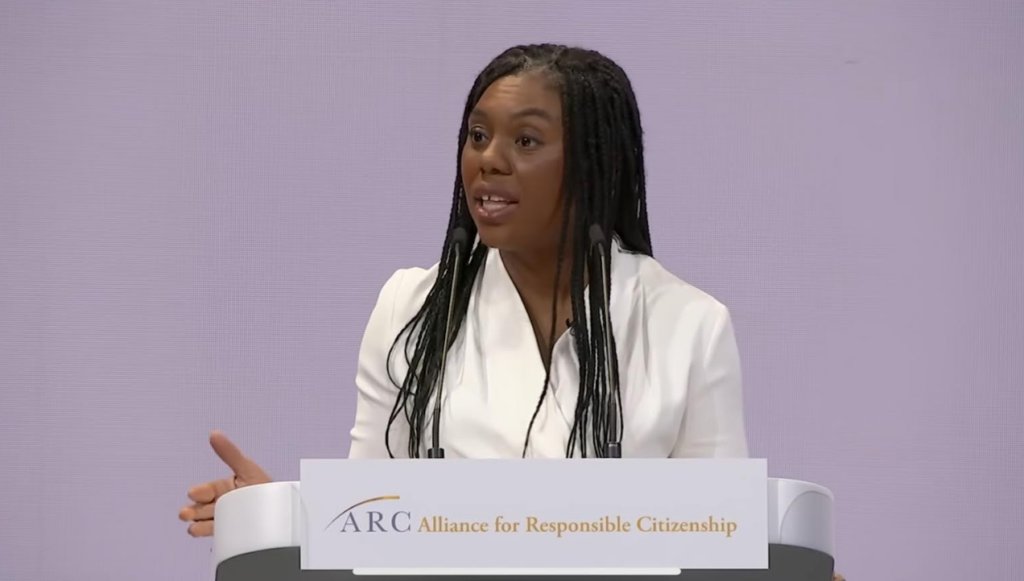The Colorado Oil and Gas Conservation Commission is busy trying to figure out why communities near gas production facilities are experiencing life-threatening levels of hydrogen sulfide. At low levels hydrogen sulfide can cause respiratory distress, headaches, and loss of motor control, while at high levels can cause nausea, vomiting, shock, convulsions and death.
In June, air samples taken near a gas well pad in Colorado showed hydrogen sulfide levels at 185 times the safety limit set by the Environmental Protection Agency. The highly toxic gas was discovered by a group of vigilante air testers called the Bucket Brigade, working with the Global Community Monitor program to expose industrial polluters.
The investigation, led by a coalition of citizen and environmental organizations, collected nine air samples near gas drilling operations in Colorado and New Mexico. They discovered a total of 22 toxic chemicals in their community air, of which four are known to cause cancer. These industrial pollutants were discovered at levels 3 to 3000 times greater than official human safety thresholds.
The group publicized the investigation’s results in a report called GASSED! that documents the dangers faced by affected communities while the gas industry hides behind exemptions from federal statutes like the Clean Air Act.
Amy Mall, senior policy analyst at the Natural Resources Defense Council and contributor to the report says the citizen led investigation is significant for two reasons: “One, because they are right there, living and breathing this air every day so they have some extremely important information on air quality in these communities. The second is they were left with no alternatives because they felt their government agencies were not doing this work, protecting their families and ensuring that their air quality was kept safe.”
The gas industry has emerged as a heavy polluter, after unconventional gas drilling has led to severely impaired air quality in towns across the nation. And the problem is not just with fracking, says Mall, but originates from the entirety of the drilling process. “The air quality issues can occur throughout the entire lifecycle of the well and a well produces for decades.”
“There are definitely a lot of emissions during fracking – the EPA has documented that – but even when the fracking is complete and the well is producing there is a lot of different equipment on a well pad. Tanks, dehydrators, separators, pipes, compressors, engines – they can all emit air pollutants into neighborhood air.”
Without a sufficient monitoring and enforcement program in place, local communities are powerless to prevent this type of pollution. Gas drillers are not required by federal law to disclose what chemicals they use, chemicals that are at times being vented directly in to the air.
“Some folks feel like the companies are not doing things that they could be doing to protect the air quality in the region. We know that companies have the technology available to capture many of these air emissions but they are not always using this technology and that is when people start becoming very angry about these industrial operations,” Mall told DeSmogBlog.
Faced with a total lack of corporate, state and federal intervention, these communities “had to resort to testing their own air.”
Mall says the test results will undoubtedly come under fire from the gas industry, but that is no reason to question their legitimacy. “These are important data and were analyzed at a certified lab. Right now its some of the best data we have, so until we have better data this is what we must use.”
Data gaps plague efforts to rein in the gas industry and have hindered community efforts to hold drillers accountable for other impacts, such as water contamination.
“We would like much more formal monitoring in many more communities but this is not data that should be ignored just because it may not be as formal as a government agency data collection effort.”
The Bucket Brigade report suggests that the current void in industry oversight is leaving communities unprotected from industrial grade pollutants, which are affecting air quality not just on well pads, but near homes, farms, schools and playgrounds. Beyond introducing common sense rules like buffer zones between drill pads and community spaces and air monitoring near sites, the group also calls for increased federal oversight of the process, including modernizing outdated standards.
“These are not communities that are anti oil and gas and are not saying this entire industry should be shut down,” says Mall. “They’re saying we want responsible companies who will do what they can to keep the air clean and that is not what is happening right now.”
Subscribe to our newsletter
Stay up to date with DeSmog news and alerts







